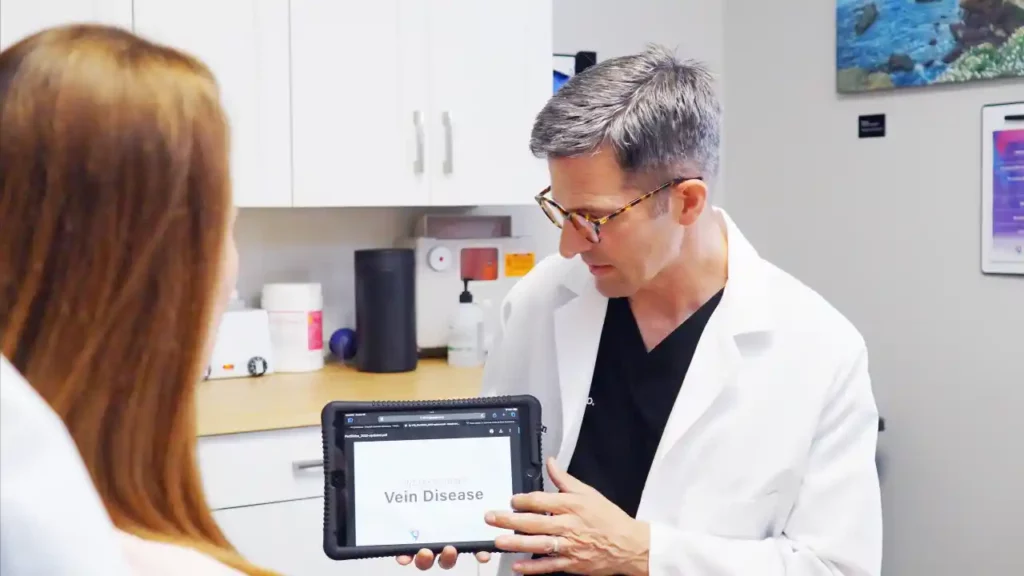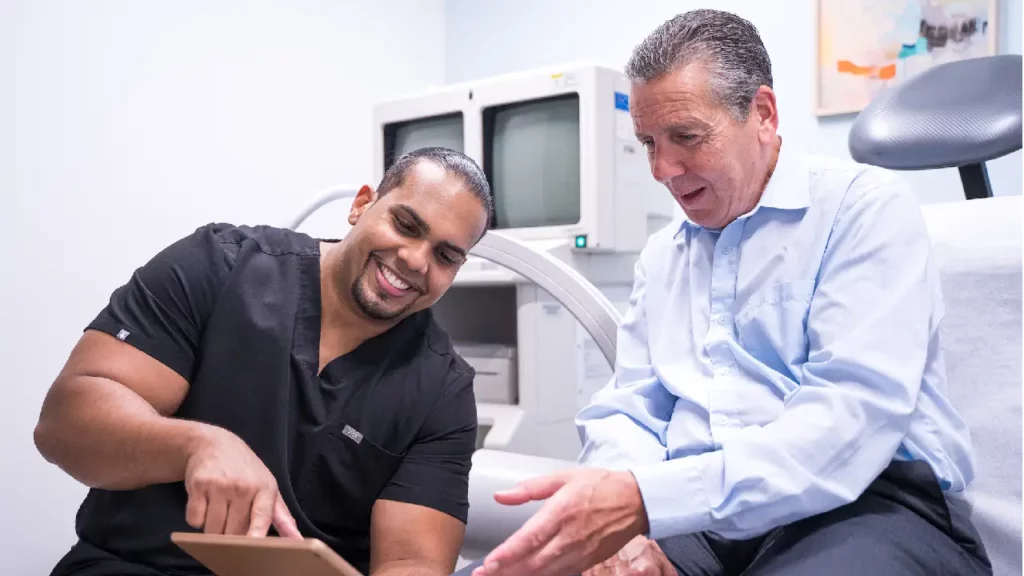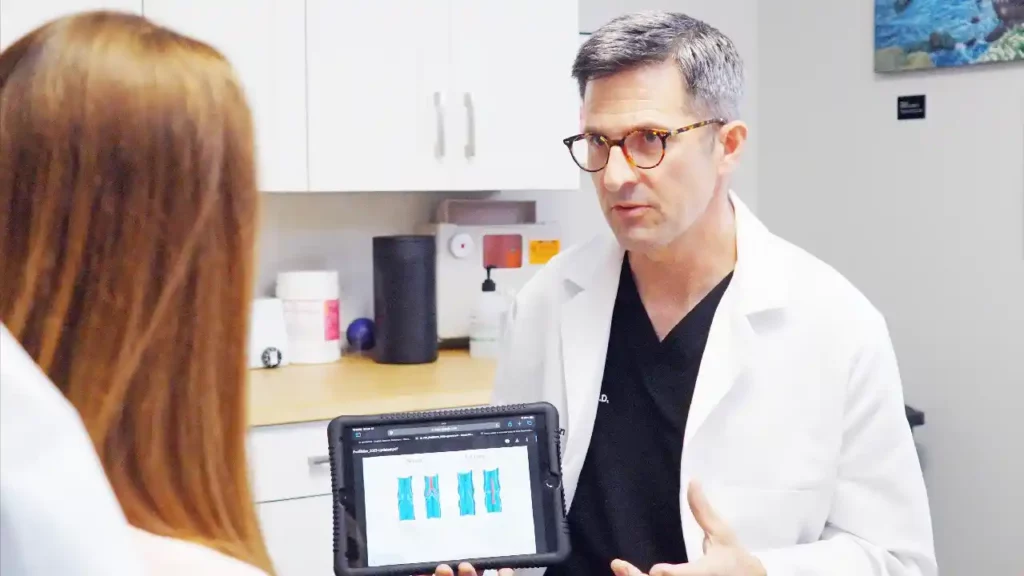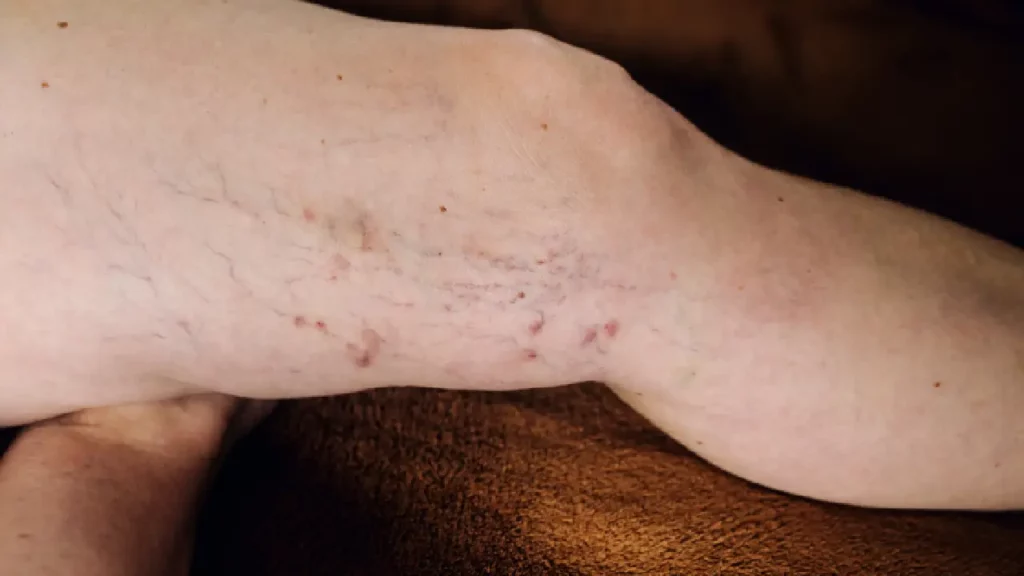As the world continues to embrace digital transformation, telehealth has become a valuable tool for medical consultations. For those dealing with vein issues like varicose veins or spider veins, the prospect of a telehealth consultation for vein treatment with a vein doctor might seem unusual. You may wonder, “Can a virtual visit work with my vein doctor?”
At Vein Doctor, we are committed to providing high-quality care and ensuring that you have access to the medical advice you need, even from the comfort of your home. Let’s explore how telehealth consultations can be beneficial for vein treatment.
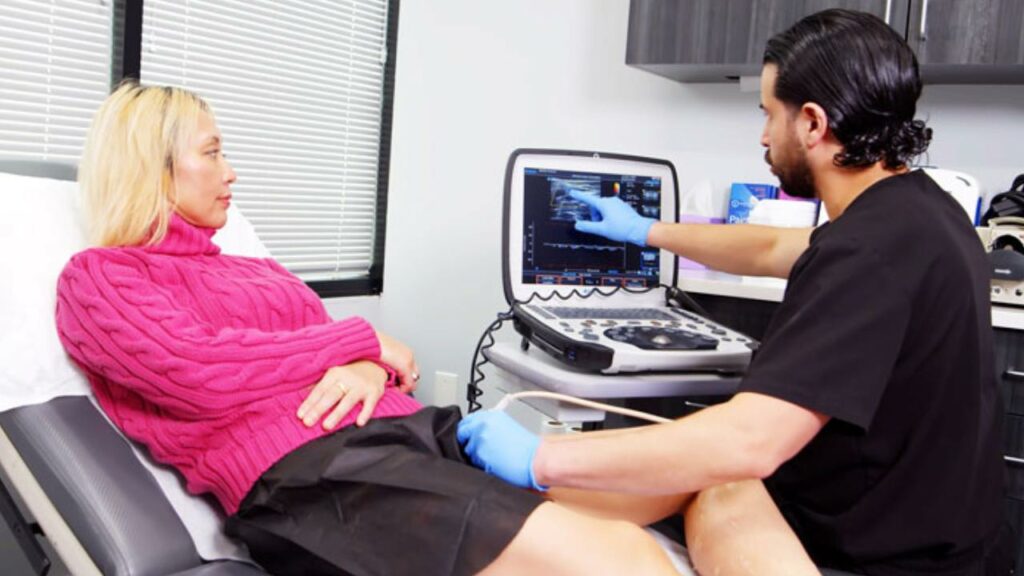
What is Telehealth, and How Does it Work?
Telehealth refers to the use of digital information and communication technologies, such as computers and mobile devices, to access health care services remotely. This can include everything from virtual consultations with your doctor to remote monitoring of your health data.
How Does a Telehealth Consultation for Vein Treatment with a Vein Doctor Work?
During a telehealth consultation for vein treatment, you will use a secure video conferencing platform to connect with one of our board-certified vein doctors. Here’s a step-by-step guide to what you can expect:
- Scheduling the Appointment: You will schedule your appointment just as you would for an in-person visit. Our staff will provide you with instructions on how to join the video call. This ensures you are comfortable with the technology and ready for your consultation.
- Preparing for the Visit: You may be asked to prepare certain information, such as your medical history, current symptoms, and any previous treatments. Having this information handy will help the consultation go smoothly. Gathering this data beforehand allows for a more thorough and efficient discussion with your doctor.
- The Virtual Visit: During the consultation, your vein doctor will discuss your symptoms, review your medical history, and ask you to show your veins using your device’s camera. This allows the doctor to assess your condition visually. The real-time interaction helps the doctor understand your concerns and provides an opportunity for you to ask questions.
- Developing a Treatment Plan: Based on the consultation, your vein doctor will provide recommendations for treatment. This might include lifestyle changes, compression stockings, or scheduling an in-person procedure if necessary. A personalized plan ensures that your treatment is tailored to your specific needs and circumstances.
- Follow-Up Care: After the initial consultation, follow-ups can often be conducted via telehealth to monitor your progress and make any adjustments to your treatment plan. Continuous care is crucial for managing chronic conditions and achieving the best outcomes.
What Are the Benefits of Telehealth Consultations for Vein Treatment?
- Convenience and Accessibility: One of the most significant benefits of telehealth consultations is convenience. You can connect with your vein doctor from the comfort of your home or office, saving time and eliminating the need to travel. This is particularly beneficial for individuals with mobility issues or those living in remote areas.
- Continuity of Care: Telehealth enables continuous monitoring and follow-up, which is crucial for the effective management of chronic vein conditions. Regular check-ins can help ensure that your treatment plan is working and allow for timely adjustments. This ongoing support can improve your overall health outcomes and provide peace of mind.
- Safety and Comfort: Telehealth reduces the need for in-person visits, which can be particularly important during times of public health concerns, such as the COVID-19 pandemic. It also allows you to receive care without the stress of visiting a medical facility. This provides a comfortable setting for discussing your health concerns.
Can a Vein Doctor Diagnose and Treat Conditions Virtually?
Initial Assessment
During a telehealth consultation, your vein doctor can perform an initial assessment by discussing your symptoms and reviewing your medical history. You may be asked to show your veins using your device’s camera, allowing the doctor to inspect any visible issues. This visual assessment can help identify signs of varicose veins, spider veins, or other conditions.
Developing a Treatment Plan
Based on the information gathered during the virtual visit, your vein doctor can develop a preliminary treatment plan. This might include lifestyle recommendations, such as exercise and diet changes, as well as the use of compression stockings. Your doctor can also advise on medications that may help manage your symptoms.
Determining the Need for In-Person Visits
While telehealth consultations are valuable for initial assessments and follow-ups, vein treatments usually require in-person visits. If your doctor determines that a procedure like VenaSeal, Varithena, or RF Ablation is necessary, they will schedule an appointment at one of our clinics. This ensures you receive the appropriate care and interventions when needed.
What Types of Vein Treatments Can Be Managed Through Telehealth?
Conservative Management
Many conservative treatments for vein issues can be managed through telehealth. These include:
- Lifestyle Modifications: Advice on exercise, diet, and other lifestyle changes to improve vein health. Regular physical activity and a healthy diet can help reduce symptoms and prevent the progression of vein conditions.
- Compression Therapy: Guidance on the use of compression stockings to manage symptoms and prevent worsening of vein conditions. Compression stockings can improve blood flow and reduce swelling and discomfort.
- Medication Management: Prescriptions for medications that can help alleviate symptoms. Your doctor can monitor your response to medications and adjust dosages as needed.
Monitoring and Follow-Up
Telehealth is particularly effective for monitoring your progress and conducting follow-up visits. This ensures that your treatment plan is effective and allows for timely adjustments. Regular follow-ups help detect any changes in your condition and provide an opportunity for your doctor to address any concerns you may have.
Are There Any Limitations to Telehealth for Vein Treatment?
Need for Physical Examination
While telehealth consultations are highly effective for initial assessments and follow-ups, certain conditions may require a physical examination or in-office procedures. For example, diagnostic tests like ultrasound imaging cannot be performed virtually. These tests are essential for accurately diagnosing vein conditions and planning appropriate treatments.
Minimally Invasive Vein Treatments
If a minimally invasive vein treatment is deemed necessary, such as sclerotherapy, radiofrequency ablation, endovenous laser ablation, or VenaSeal, an in-person visit will be required. Your vein doctor will schedule these procedures at a convenient time and location, ensuring that you receive the most effective and appropriate treatment for your condition.
How to Prepare for a Telehealth Consultation?
Technical Preparation
- Device Check: Ensure your device (computer, tablet, or smartphone) is working properly and has a reliable internet connection. A stable connection is crucial for a smooth consultation.
- Software: Download any necessary applications or software ahead of time. Familiarize yourself with the platform to avoid technical issues during your appointment.
- Environment: Choose a quiet, well-lit location where you can have privacy for your consultation. This will help you communicate effectively with your vein doctor.
Medical Preparation
- Medical History: Have your medical history and any relevant documents ready. This includes previous treatments, surgeries, and any current medications you are taking.
- Current Symptoms: Be prepared to discuss your current symptoms in detail. Providing specific information about your symptoms helps your doctor make an accurate assessment.
- Previous Treatments: If you have undergone previous treatments, have information about these ready to share with your doctor. This includes the type of treatment, the date it was performed, and the results.
What to Expect After a Telehealth Consultation?
Follow-Up Instructions
After your consultation, your vein doctor will provide you with detailed follow-up instructions. This might include lifestyle recommendations, instructions for using compression stockings, or scheduling an in-person visit for further evaluation or treatment. Clear follow-up instructions ensure that you know how to manage your condition and what steps to take next.
Ongoing Monitoring
Telehealth allows for regular monitoring of your condition. You can schedule follow-up consultations as needed to ensure that your treatment plan is effective and to make any necessary adjustments. Ongoing monitoring helps track your progress and allows your doctor to intervene promptly if any issues arise.
Is Telehealth Right for Your Vein Treatment?
A telehealth consultation for vein treatment with a vein doctor offers a convenient, accessible, and effective way to receive medical care. At Vein Doctor for Women, we are committed to providing high-quality care through both virtual and in-person visits. Whether you need an initial assessment, follow-up care, or ongoing management of your vein condition, telehealth can be a valuable tool.
However, if you have varicose veins or underlying chronic venous insufficiency, an in-person visit may be essential for a deeper evaluation and personalized treatment plans. If you have any questions or would like to schedule an appointment with one of our board-certified vein doctors, please contact us today.
